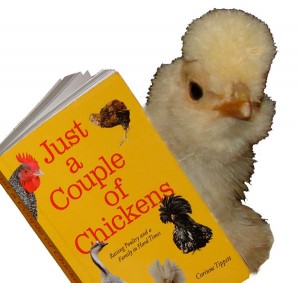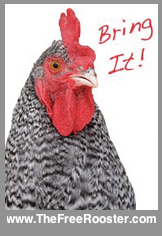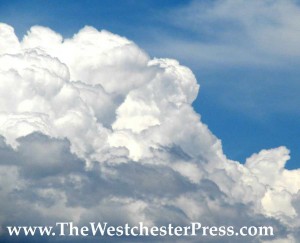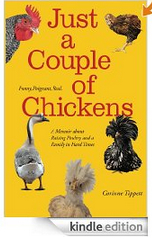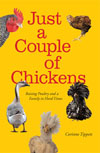It is a major commitment to write and self publish a book. More than just the time of writing it, there is the commitment of living with it, working with it, talking about it, marketing it, – up to my elbows in the subject matter of it – for years.
So it’s important to choose the right book from all the books I have within me to write.
Because unless I stay committed to it, or unless I become a blockbuster author-personality whose fan-base will read everything I pen, it won’t continue to sell unless I continue to engage with it.
Is it a subject matter that I will want to stay committed to? Is my own engagement with the story enough to keep my own interest for years to come?
For my first and second books, it was an easy choice. My first was the story of my own family’s homesteading and chicken raising adventures in rural New Mexico. It was a magical time, and continuing to live that book keeps that time close instead of letting it slip away into the past.
My second book was the story of my grandfather’s aviation pioneering life – and I could talk about that all day any day. The story of a man’s life, aviation’s history, world history – endlessly fascinating.
As a self publisher, I retain my ability to write anything I want – answerable only to my own pocketbook to determine the marketability of my manifestos. No contracts drive my choices. I am free to succeed or fail – earn or not. I want to write a book that will sell, but I also need to write a book that I can continue to support. Or better yet, turn into a series that I can continue to expand.
Writing is an art, publishing is a business. My upcoming How To Self Publish Step by Step series gives me a way to move artistically through the business of self publishing – and it is a project that I can support for as long as I am publishing.
I need the book I am writing. I am using it to write the book I am writing. I’ll be immersed in my series for as long as I am writing any series – or any book.
That’s how I know when I’ve chosen the right book to self publish.

